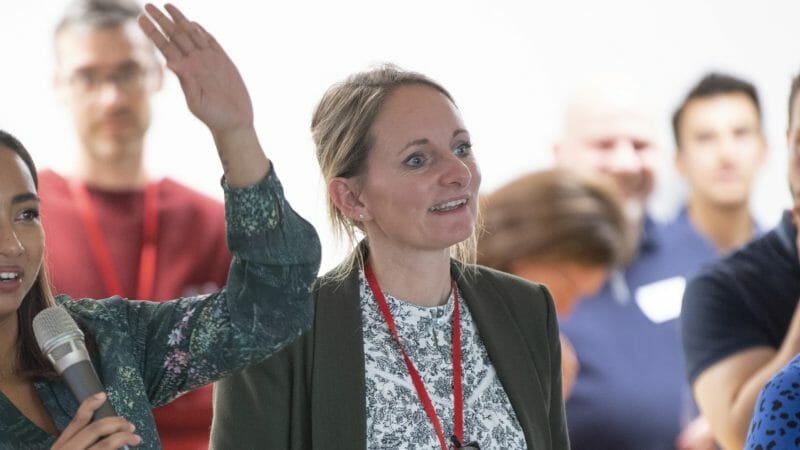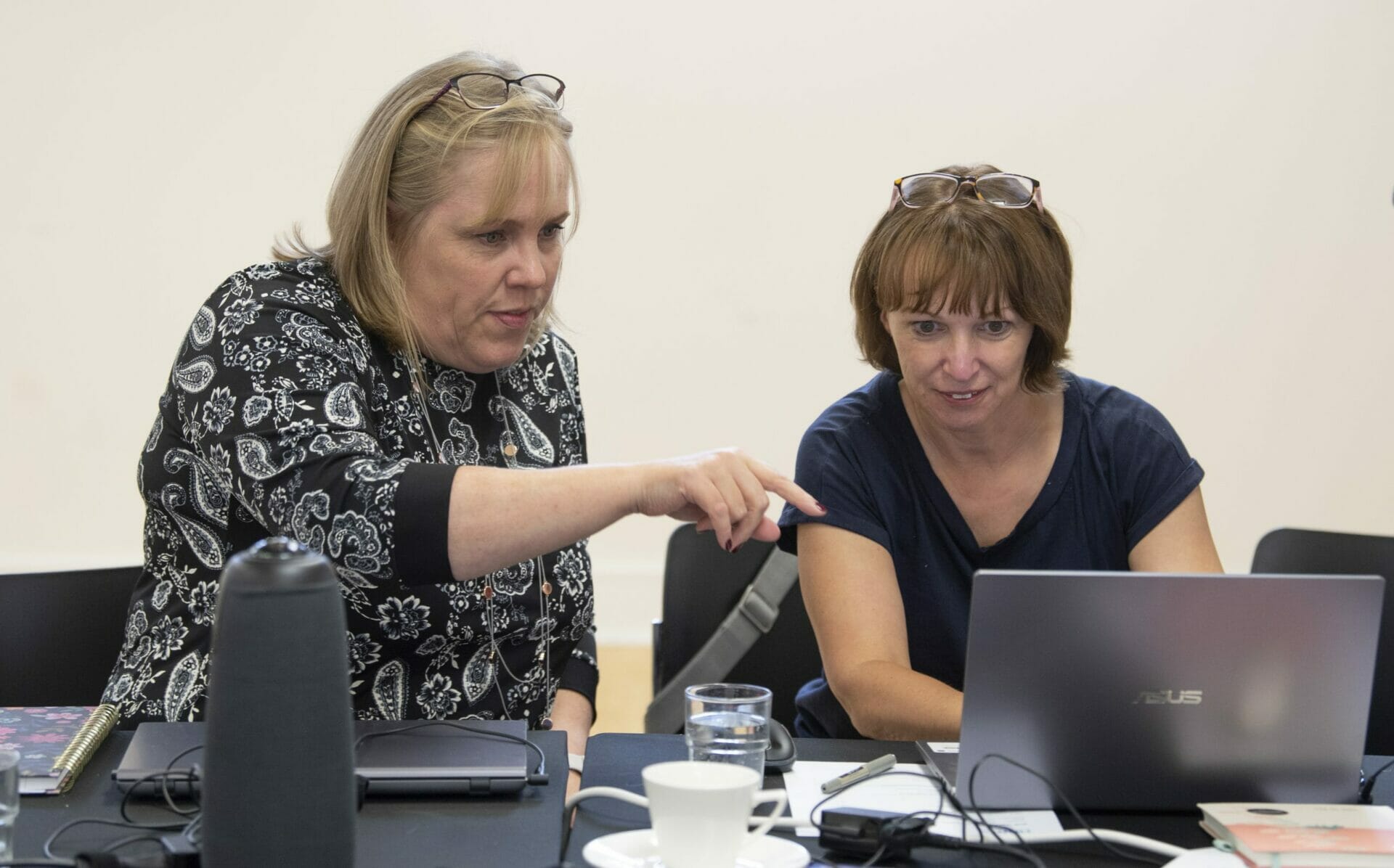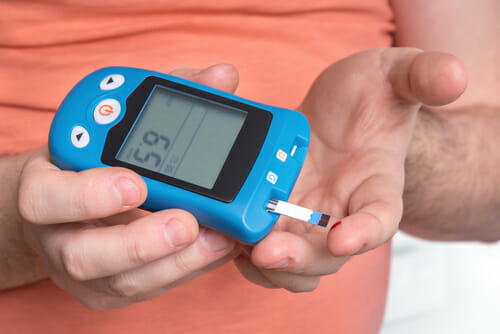What do we mean by ‘enhancing cohorts’?
A cohort is a group of people who take part in a research study. These people will be asked to take part because they have a certain disease or characteristics in common, for example, people over 50 with an irregular heartbeat. As part of the research study, information and/or samples will be collected on each cohort participant, such as weight, height, blood pressure, and blood tests. This information is collected with the participants permission and full knowledge of how these data will be used.
By ‘enhancing cohorts’, we mean linking the data collected as part of the cohort research study to data available within a person’s medical records (for example, data recorded from when a patient visits their GP or hospital).
Why is ‘enhancing cohorts’ important for cardiovascular disease research?
Linking cohort data to medical records will allow researchers to follow participants in the cohort to see what medication or other treatment they are given and to understand what happens to them over time. This is not always possible within the study itself because of the long period of time over which health events may occur. It will also allow researchers to look backwards in time, before participants were recruited to the study, to try to understand what risk factors may lead to the development of the disease being studied. Having a better understanding of how a condition develops and how it progresses could lead to better treatment or care for patients in the future or identification of new treatments to help them or other patients.
What are we doing?
The BHF Data Science Centre will organise the linking of data from different cardiovascular and diabetes cohorts to other health data. We want to make the process quicker and less expensive, but make sure the data remains safe and secure at all times. The aim is for patients to benefit from the research much more quickly.
The data on each person within a cohort will be linked to the data in their NHS medical records. This data will be linked within a secure environment and information identifying patients will be removed before this data is made available to researchers to carry out their research. Researchers will carry out their research in this secure environment and will not be able to take out any person’s data, protecting confidentiality, but will be able to take out summary results to inform ongoing research.
Public and Patient Engagement
We have worked with public contributors as we develop this secure environment to take on board their advice and what is important to them. We have paid specific attention to data security and are working with a partner to provide a secure environment that has been used for similar studies. We are also working with our partners to understand how data can be used from these studies to benefit health and what aspects of health are important to the public. We will continue to engage with our partners as well as include them on panels overseeing the conduct of this work.
Research teams
We are developing a secure environment with SAIL Databank to hold cohort study data linked to other health data. If you are a research team interested in being part of a growing cardiovascular and diabetes community across the UK and would like to find out more about being hosted within the BHF Data Science Centre Trusted Research Environment, please fill in this short form providing information on your study and we will get back to you to organise a discussion: https://www.surveymonkey.co.uk/r/BHFDSCCohorts
Key to onboarding in the first round of cardiovascular and diabetes cohort studies is that:
- There is specific consent for linkage to routine health care data.
- Cohorts have or plan to recruit 1000+ participants and ideally from more than one devolved nation of the UK.
We are also keen to hear from the community what additional data you have collected (for example, imaging, -omics, wearables) as we are aiming to develop the capacity to begin to ingest, process and integrate these data types. Part of our mission is also to make data available to the wider community and therefore a willingness to do this once your analyses have been carried out and with appropriate governance and oversight from your team.
Contact bhfdsc@hdruk.ac.uk to discuss further.
Areas of work
Find out more about our data-led research.

CVD-COVID-UK / COVID-IMPACT
One of seven National Flagship Projects approved by the NIHR-BHF Cardiovascular Partnership, linking population healthcare datasets across the UK to understand the relationship between COVID-19 and cardiovascular diseases.
Learn more…
Whole Population Data
Better use of nationally-collated, structured, coded data: accessing, improving and using linked, national, population-wide health data.

Imaging
Better use of unstructured data: addressing the challenges of accessing, improving and using unstructured data, for example from cardiac and brain imaging, medical free text and electrocardiograms.

Smartphones and Wearables
Exploring how data from apps and wearables, linked to other health datasets, can inform trajectories of cardiovascular health and disease.

Clinical Trials
Developing platforms for efficient, cost-effective trials, using routine health data to recruit and follow patients with cardiovascular conditions.

Defining Disease
Developing methods to define cardiovascular health and disease in computable form through a collaborative network of expertise that provides a world-leading, open, cardiovascular phenotype library of tools and protocols.

Diabetes Data Science Catalyst
This exciting partnership between the BHF Data Science Centre, Diabetes UK and HDR UK aims to develop improvements in our understanding of the link between cardiovascular diseases and diabetes.

Stroke Data Science Catalyst
This five-year partnership between the British Heart Foundation (BHF) Data Science Centre, Health Data Research UK (HDR UK), the Stroke Association, and the BHF – will enable approved research teams to use data from real-world settings, including hospitals, GPs and pharmacies, to improve our understanding of stroke risk factors and open the door to better prevention and treatment.